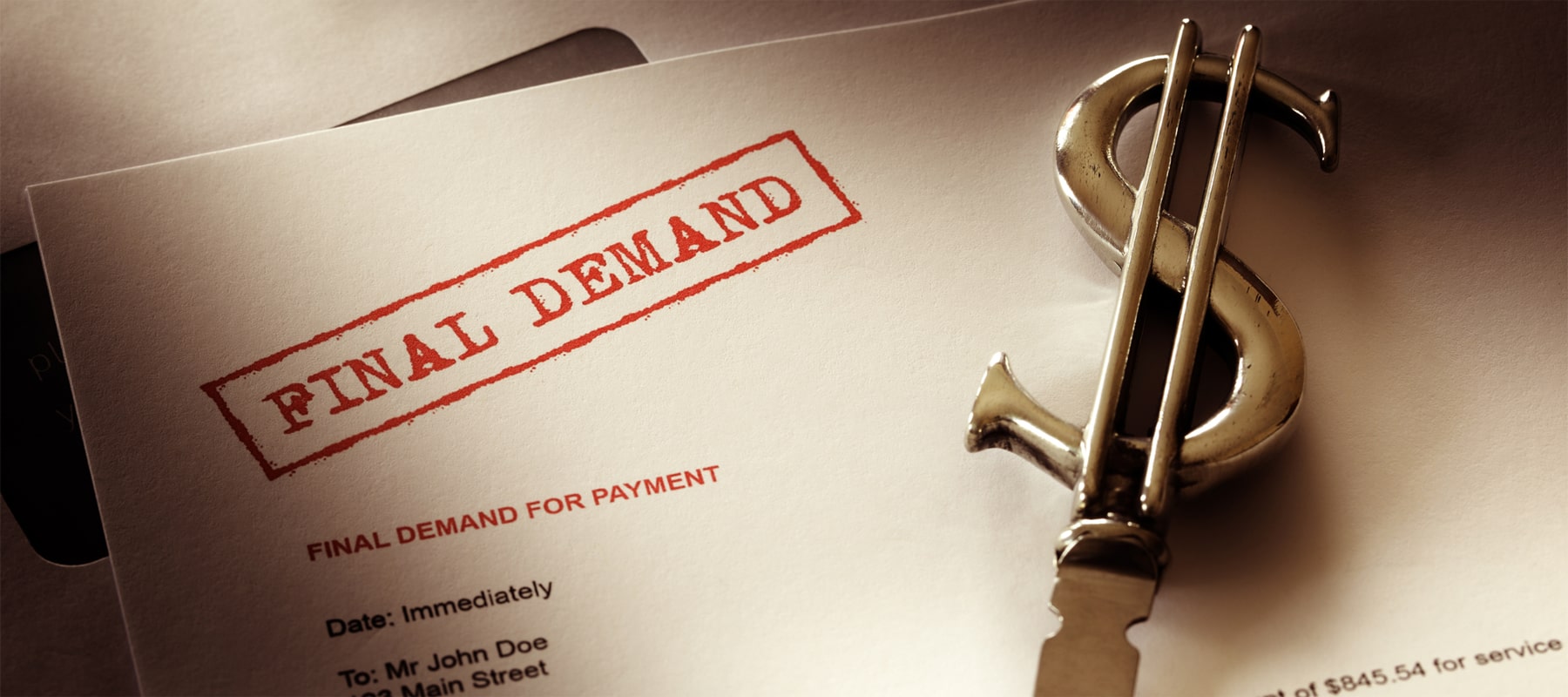How Much Do Accounts Receivable Debt Collection Agencies Charge?
Last Updated: April 25, 2023
On This Page
CostOwl.com note: Need a debt collection service at an affordable price? Fill out the 30 second questionnaire below and our debt collection service partners will send you free price quotes.
Collecting on overdue accounts receivables often represents a significant cost for businesses, especially smaller companies that need those funds to maintain operations. How far should you go in collecting these debts yourself, and when does it make sense to outsource this function to a collection agency?
The answer depends on the amount owed, as the outsource debt collector charges for its services typically in the form of a percentage of the total debt. Various factors influence these costs. Here we provide the benefits of and general estimates for this service.
Benefits of Outsourcing Accounts Receivable Debt Collection #
One reason for outsourcing accounts receivable debt collection is supporting and strengthening market penetration while creating an additional stream of debt collection. Outsourcing these services eliminates costly headaches such as credit agreements or contracts in one area that is void in a different area. It also enables businesses to increase their bottom line and limits outstanding days. Collection agencies offer complete service, debt collection outsourcing packages.
As soon as you hire them, collection agencies begin collecting on all bad debts. They also manage customer accounts to prevent more receivables from reaching collection status. Outsourcing these services enables a business to control bad debts quickly without upfront costs. Some collection companies do not charge unless they collect the owed amount in full, but likely charge an upfront fee.
Clients who fail to pay monies owed negatively influence your reputation, restrict your ability to grow, and may even affect your taxes. Chasing delinquent accounts is time consuming and often pulls staff away from important work. Outsourcing accounts receivable gives businesses back that staff member’s time and production.
Points to Consider Before Outsourcing Debt Collection #
Debt collection agencies differ widely. Choose an agency that meets the following criteria:
- Account reconciliations
- Cash posting
- Credit adjudication
- Establishment of credit terms and policies
- Follow up of bad debt, to improve the outlook of the business
- Fraud management protocols, to eliminate the risk of unpaid debts and prevent business loss
- Prompt invoicing, to make immediate and proved declarations of payments
- Risk management, to ensure safe practices
- Setting developed credit approval systems, to ensure effective collection
Sample Cost of Accounts Receivable Debt Collection Outsourcing #
Estimating the cost of debt collection outsourcing services presents numerous challenges, because pricing generally depends on the amount of debt. The best way to get accurate prices is to request quotes from different collection agencies and budget appropriately.
- Some firms charge a percentage for each $1,000 owed, such as 15% or 20%. At 15 percent, the fee for each $1,000 would be $150.
- Most collection agencies suggest clearing debts that amount to less than $100, due to recovery costs exceeding the debt.
- Fees for total debt under $1,000 average 40 to 50 percent.
- Fees for accounts receivable between $1,000 and $5,000 average between 20 and 30 percent.
- Fees for accounts receivable between $5,000 and $50,000 average between 10 and 20 percent.
- Fees for accounts receivable over $50,000 average between 5 and 10 percent
The age of the debt also influences the cost of collections.
- Fees for accounts 80 to 100 days late average 15 to 20 percent.
- Fees for accounts 90 to 180 days late average 20 to 25 percent.
- Fees for accounts 6 to 12 months overdue average 30 to 35 percent.
- Fees for accounts 2 or more years overdue average 45 to 50 percent.
